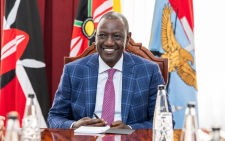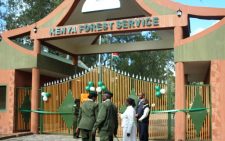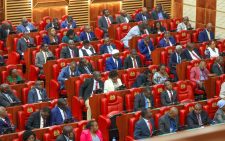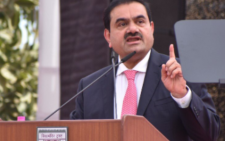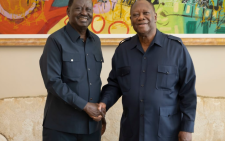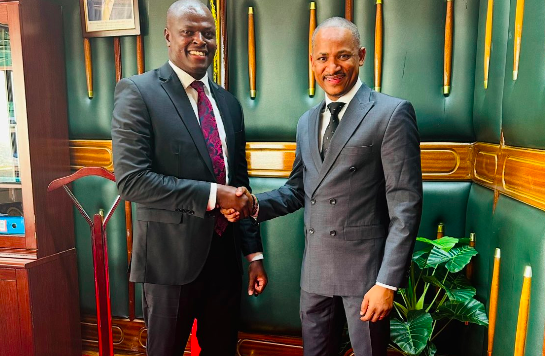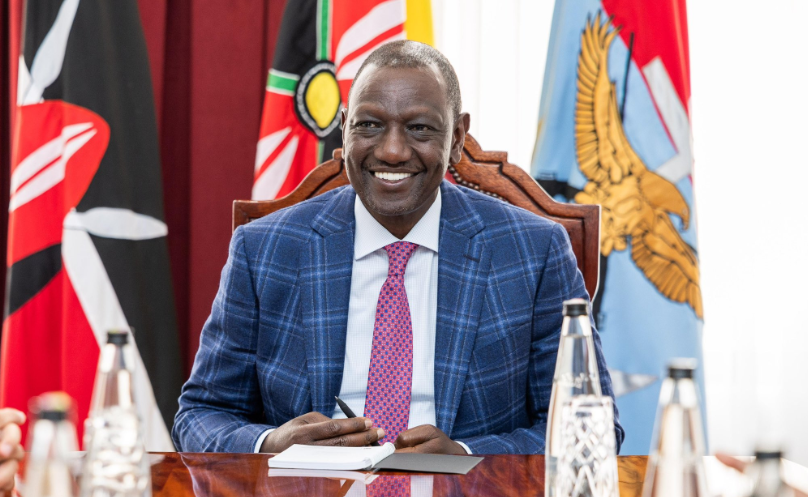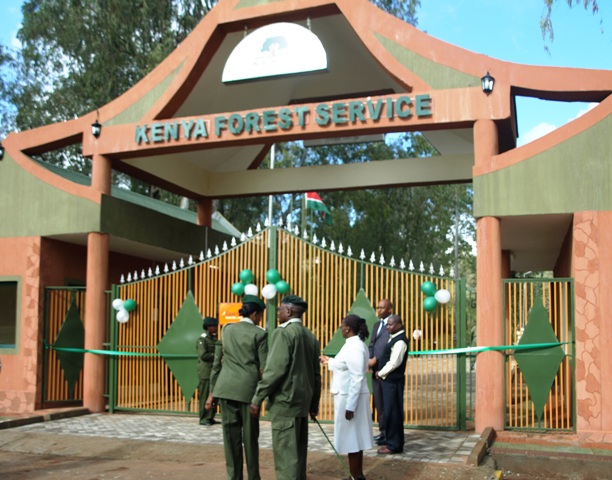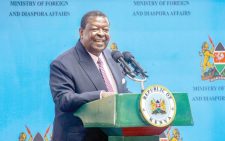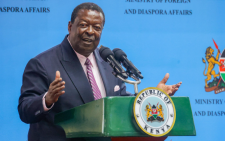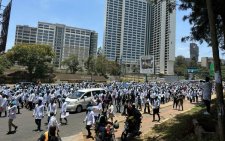The Ministry of Interior, which Prime Cabinet Secretary Musalia Mudavadi currently leads, has been put on the spot for managing refugees in different camps in the country.
In a session held by the departmental Committee on Regional Development raised concerns, the Members of Parliament led by Sigor MP Peter Lochakapong expressed disappointment over the handling of refugees in Kenya’s camps, arguing that the government is largely absent from their management, leaving operations in the hands of the United Nations High Commissioner for Refugees (UNHCR).
Lochakapong noted that the dire situation in refugee camps was exposed following their site visit where they observed that government officials are acting as agents and thus have little input on decisions affecting their stay in the country.
The chairperson expressed concern that the needs of refugees have been prioritized over those of the host communities.
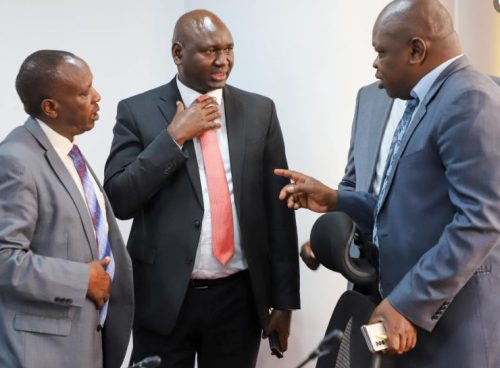
“We have observed that refugees are receiving more focus than local populations, and as representatives of the people, we hear the complaints of the host communities. We are concerned that their issues are being overlooked,” the chairperson stated after their site visit on Tuesday, November 26, 2024.
Lochakapong highlighted a situation in Dadaab, specifically in Fafi, where refugees reside.
“The headquarters of Fafi is located there, yet the District Commissioner’s office is in Hagadera, where he feels safer,” the chairman noted.
Lokachapong also raised concerns about the unequal distribution of resources and attention between refugees and the local population.
Members indicated that the imbalance extends to educational opportunities as well. The MP pointed out that the UNHCR has allocated many scholarships to refugees, while local communities feel they are being left behind.
“The disparity in scholarship distribution between refugees and locals is significant, and it needs to be addressed immediately,” the lawmaker urged.
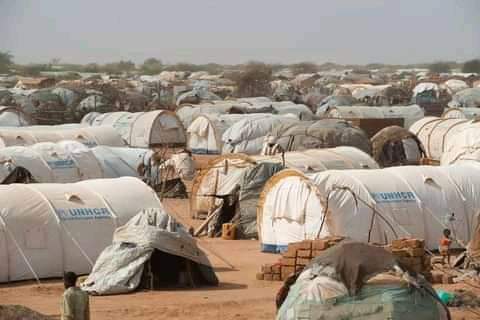
The Chairperson further commented on the lack of a proper reception centre for refugees, noting that some stay with relatives in Dadaab for months before being processed, causing major security lapses.
Another concern is the environmental degradation in areas with high refugee populations. Garissa Township MP Dekow Barrow stated that the presence of refugees in Garissa has led to significant environmental damage.
He also expressed concern over rising insecurity, which they believe is linked to the influx of refugees.
“With the recent improvements in security in some of the refugees’ home countries, it’s time to consider repatriating them. We believe refugees should be distributed more evenly across the country, rather than concentrated in Dadaab and Kakuma,” Dekow added.
Ministry of Interior’s response
Appearing before the committee, Principal Secretary of the State Department for Immigration and Citizen Services Julius Bitok attributed the issue to a lack of proper funding.
Bitok emphasised the need for increased financial support to better address operational challenges and improve the management of the refugee population.
“In the fiscal year 2022/2023, the DRS was allocated Ksh. 116,666,241. However, this allocation was reduced to Ksh97,788,508 for the fiscal year 2023/2024,” Bitok stated.
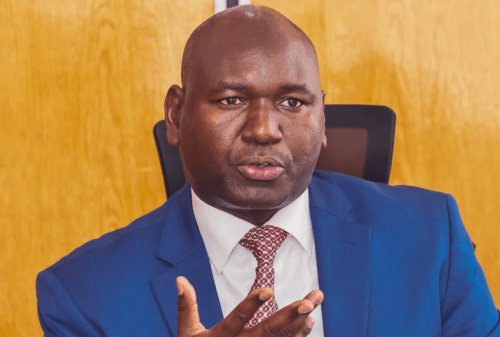
The PS also pointed out that security remains a significant challenge in refugee camps.
“Al-Shabaab militants continue to pose a threat, with recent attacks in Dadaab, including the bombing of boreholes and roadside explosions targeting security personnel. These incidents have raised concerns about the safety of both refugees and host communities,” he told the MPs.
He also acknowledged environmental challenges, such as deforestation and waste management issues, which complicate refugee management. Competition for scarce resources between refugees and host communities has further exacerbated tensions, placing additional strain on local infrastructure and natural resources.



